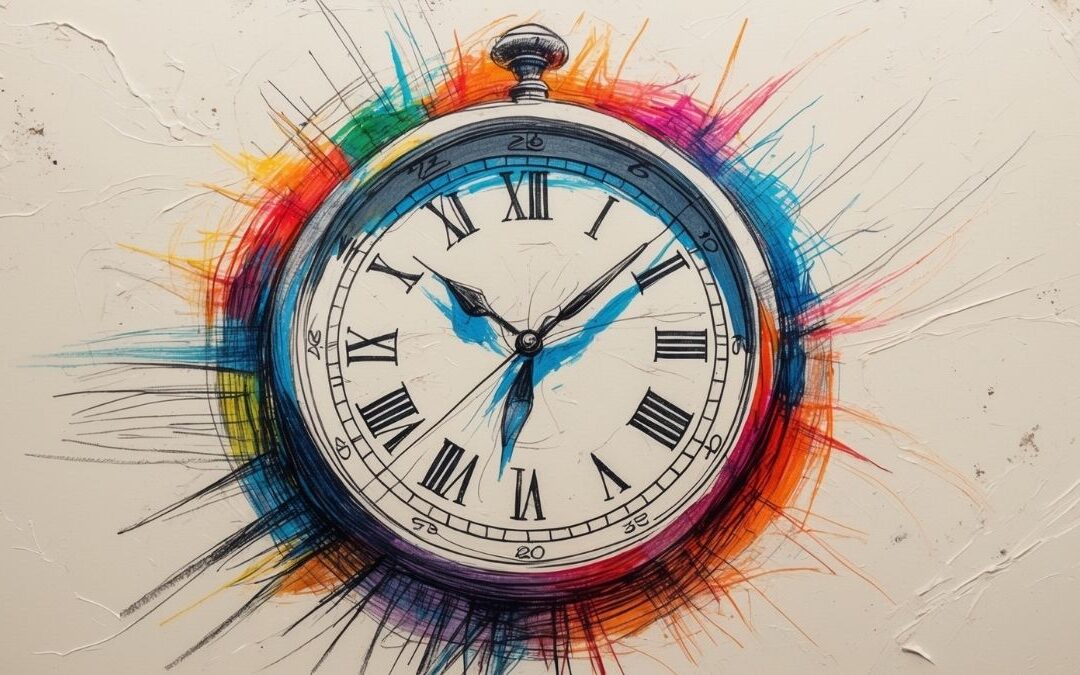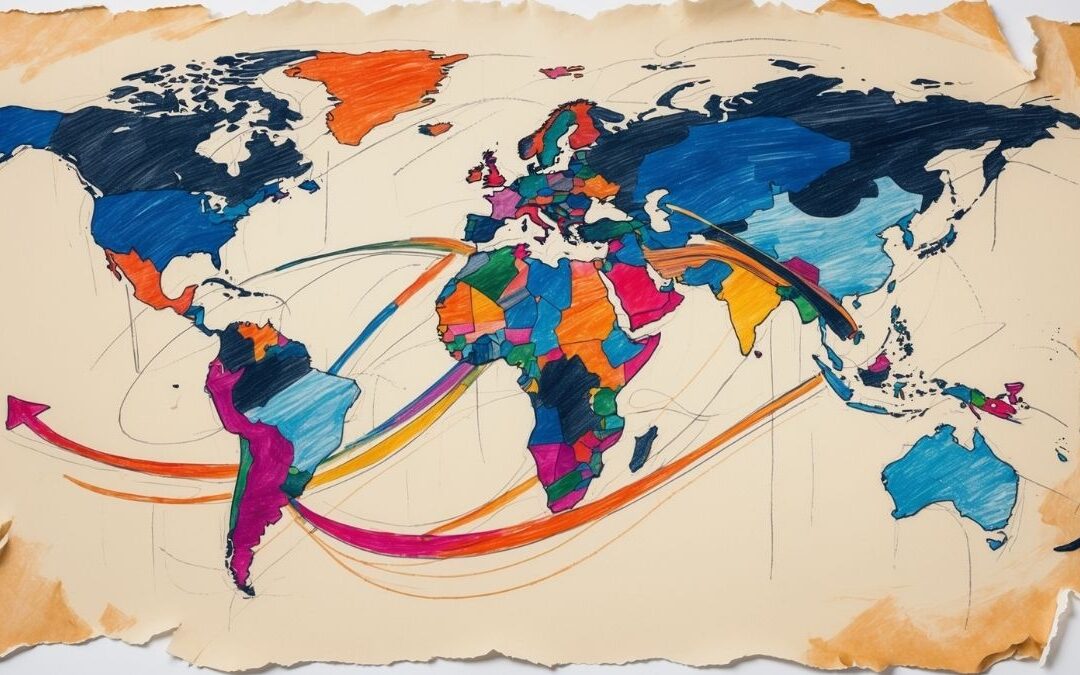Imagine life as a high-wire act. To succeed, you need a delicate balance – sometimes relying on cool logic, and other times letting empathy guide your steps. This is the wisdom at the center of Eleanor Roosevelt’s insightful words: “To handle yourself, use your head; to handle others, use your heart.”
The Head: Reason and Self-Discipline
In our individual journeys, we have to make countless decisions. From managing finances to handling career problems, our “head” side kicks in. Logic, rationality, and self-awareness are needed to navigate these personal challenges. When faced with a stressful situation, taking a step back and analyzing it without getting swept away by emotion could be the best path forward. This is where reason shines like a lighthouse.
Imagine you’re agonizing over a big financial decision. The allure of a big purchase makes your heart sing, but a careful glance at your bank account fills you with dread. This is when exercising discipline rooted in logical thought is essential for making wise choices.
The Heart: Empathy and Connection
Humans aren’t robots designed for solitary efficiency; we are social creatures. Interacting with others is central to our existence. Whether it’s a romantic partner, a close friend, or a struggling coworker, putting yourself in their shoes and engaging them with an understanding heart leads to deep connection and mutual support.
Consider a tense argument with a loved one. Your initial instinct might be to double down, defending past actions with the cold logic of who was “right” and who was “wrong”. But by truly hearing the underlying hurt expressed beneath the harsh words, empathy emerges. Suddenly the path forward isn’t a stubborn debate, but an opportunity to mend the rift through listening and understanding.
Cautions: When Empathy Goes Astray
While Eleanor Roosevelt advocates for heart-guided interactions, sometimes relying too heavily on emotions can backfire. Our compassion should be steered by wisdom. Being excessively trusting can lead to exploitation, or codependent relationships where your boundaries suffer. It’s crucial to maintain a balance – neither being ruthlessly pragmatic nor allowing sentimentality to blind us to necessary self-protection.
Eleanor Roosevelt: An Exemplar
Roosevelt herself wasn’t a stranger to hardship. A turbulent childhood, a difficult marriage, and constant scrutiny were her backdrop. Yet, she blossomed into a champion of humanitarian causes, traveling the world advocating for justice and dignity. As US representative to the UN, she played a crucial role in drafting the Universal Declaration of Human Rights. This quote encapsulates her understanding that personal success required resilience and reason, while advocating for a better world demanded deep empathy.










0 Comments